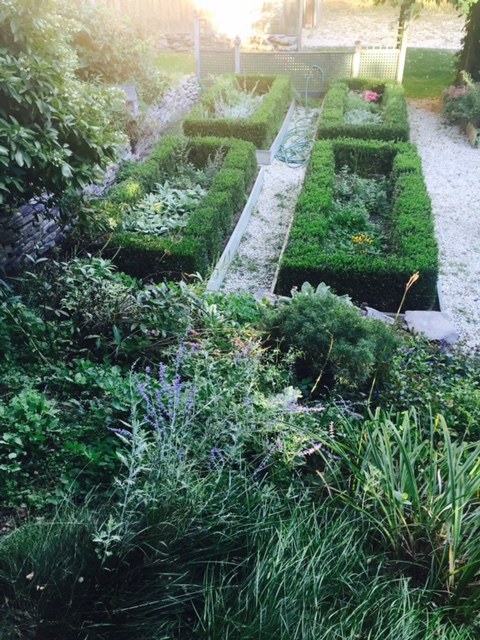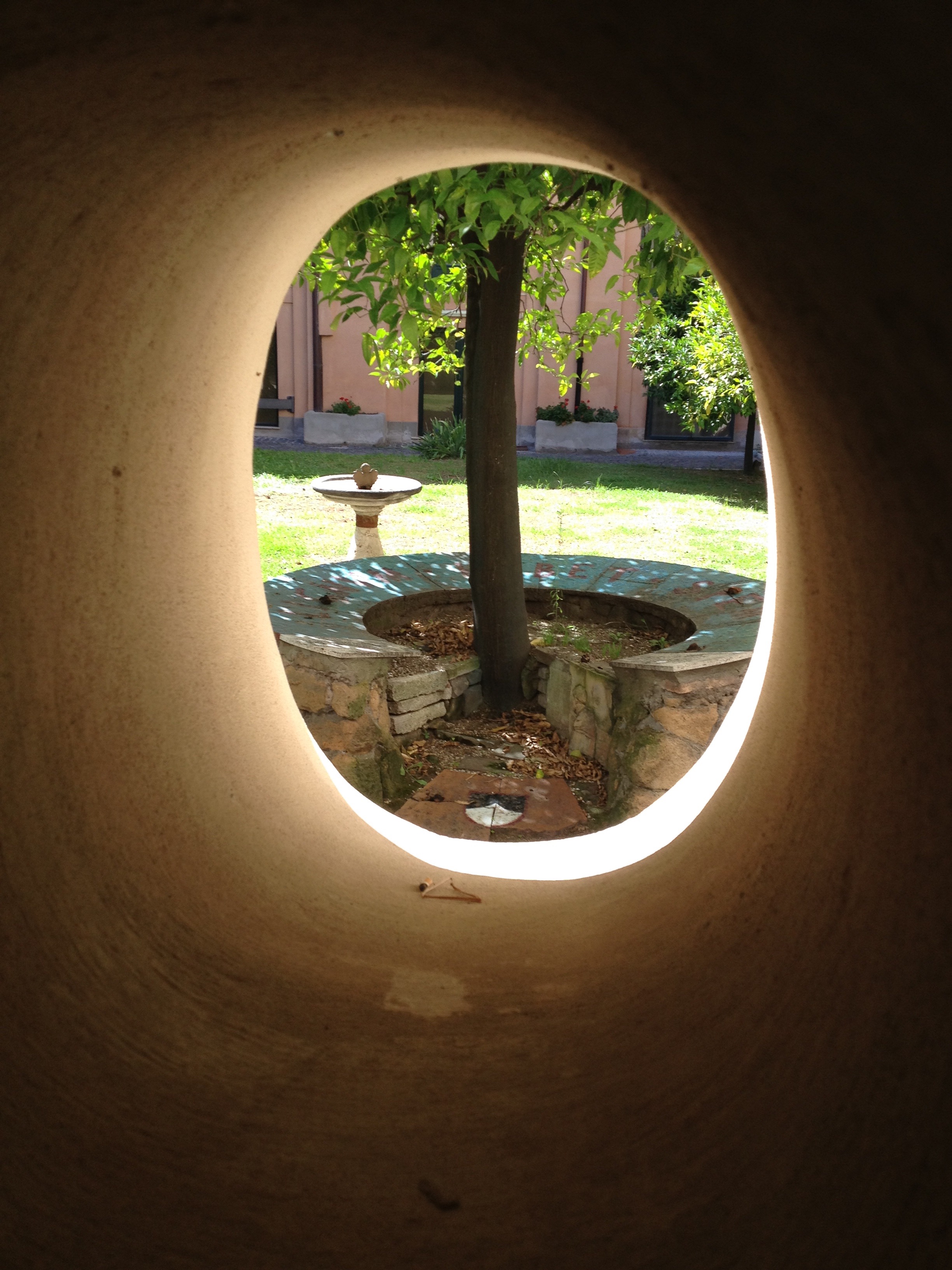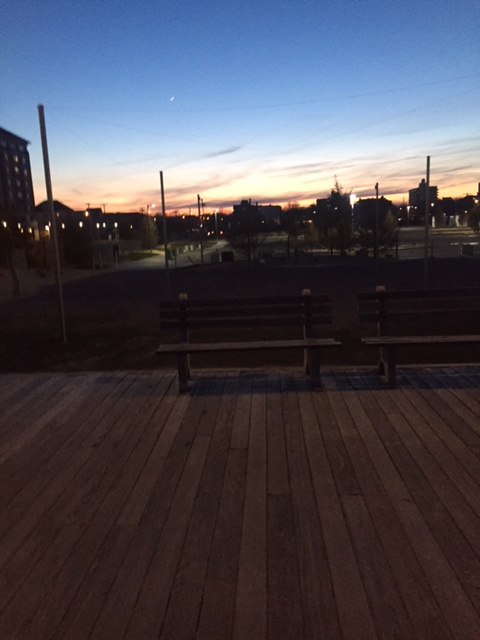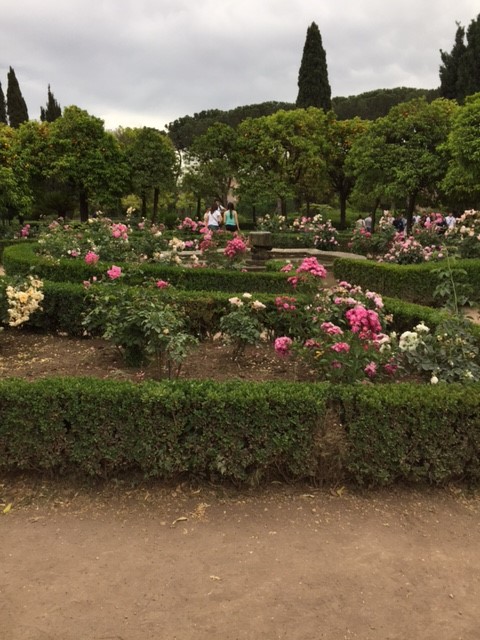
Terrible Beauty

“Here is the world. Beautiful and terrible things will happen. Don’t be afraid.”
— Frederick Buechner, Beyond Words: Daily Readings in the ABC’s of Faith
I am a lover of nature and animals. I don’t use binoculars, but I am always on the lookout for animals on the move. Many weekends I live in Dutchess County, which is full of animals of all kinds. One of the most common – and least beloved – is the deer. I happen to love deer. I grew up in Western Pennsylvania which has a lot of deer, but in my youth they were still quite hidden and tucked away in the higher parts of the countryside. Occasionally, when I was running on country roads, I would see a beautiful doe running. The sight would lift me up. I could never catch her, but I was delighted by her beauty and her elegant stride. Now deer are plentiful, but they still give me great joy when I see them.
It is now spring and the baby fawns are being born. It is not unusual to see one wobbling across the yard or – dare I say – into the road. Recently, a doe crossed in front of our car as we were driving home from Rhinebeck. We were on a country road going very slowly, so the mother had plenty of time to run to the other side of the road and over a stone wall into a field. However, trailing behind her was her tiny fawn, barely born and not quite able to get upright. I immediately got out of the car to get behind the fawn and help her across the road. She was so tiny I could have picked her up, but I sensed that would not be a good thing. She had learned enough of the art of walking to hobble across the road. I had read somewhere that it takes the newborn fawn around an hour to learn to walk. It was beginning to rain and she quickly nestled into the leaves on our side of the stone wall. Her mother had been watching from the field and suddenly leapt off into the woods. I was paralyzed. It was as though someone had left their small baby with me and I did not know what to do. I went home and worried. I worried about the mother returning. I worried about the baby wobbling into the road. I worried about the rain pelting onto the young fawn’s coat.
Finally, after dusk, we drove back to the place where the fawn had been. We found the fawn’s imprint in the leaves, but she was gone. No sign of mother or child. What I learned that rain soaked night is that the mother had not worried. Her plan all along had been to park the fawn at the side of the road and come back later after I had gone. I later read that a doe will routinely leave her children and then come back for them. She knows them. But if I had put even a finger on this fawn, her mother would have rejected her. When the baby is born the mother licks the entire child, thus knowing and owning that fawn. When the fawn is lost the mother has a distinct call and cry and the fawn knows it. They know each other.
I am an Episcopalian and when I read the words “the fawn knows the mother’s voice and the mother marks it as her own” it sounded familiar. In baptism we are sealed and marked as God’s own forever. We can’t flee from grace. It will always be with us in spite of our feelings and actions. All of us may not believe in this, but surely we can believe that nature reflects both a terrible beauty and a loving benevolence.
The poet and writer Wendell Berry understood this: “I come into the peace of wild things who do not tax their lives with forethought of grief… For a time I rest in the grace of the world and am free.”
I learned several truths that night. Nature is terrifying and beautiful at the same moment. There are great risks, but there is no grief. As lovers of animals and nature, we must be careful not to interfere. We must always show care and deep respect, but get out of the way if necessary. There is an element of love that is out of our reach. The doe was coming back. She had no worry. If we can enjoy animals and nature without worry then we have come into a “the peace of wild things.”

Tiny Fawn Waiting for His Mother, May 31, 2015
Gristmill Lane, Dutchess County




